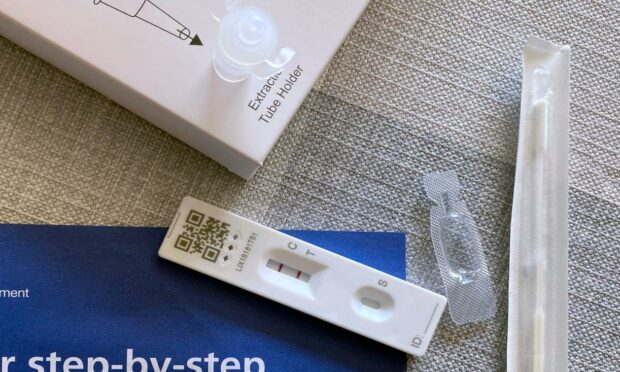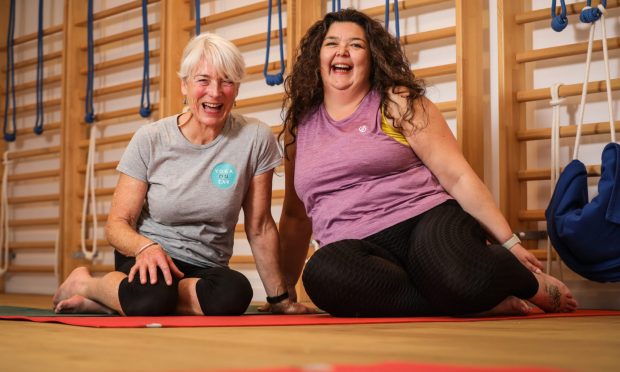Covid cases increased in three areas across Tayside and Fife last week, after weeks of decreases.
Between September 17 and 23, Fife saw the largest increase of 37.9% compared with the week before, with 233 people testing positive.
There were 166 positive tests the previous week.
There was an increase of 13.6% in Angus. Stats show 50 people tested positive last week, compared with 45 the week before.
In Perth and Kinross, cases numbers increased by 8.3%, with 91 positive cases being recorded. The previous week saw 79 people test positive.
And in Dundee, cases actually decreased by 43.5% compared with the week before.
The figures show 35 people tested positive across the city last week, with 50 confirming a positive test the week previous.
What about the rest of the country?
This week the Office for National Statistics (ONS) data revealed one in 45 Scots tested positive in the week ending September 20. This is compared with one in 55 the week before.
While it looks like case numbers are on the increase again across the country, the ONS says the trend is currently “uncertain” in Scotland.
The estimated number of people testing positive for Covid-19 in Scotland was 117,100. Around 2.22% of the population tested positive during the same time period.
In England one in 65 tested positive the same week. The figures were one in 50 in Wales and one in 80 in Northern Ireland.
It means Scotland again had the largest estimated average ratio of the population in the UK testing positive for Covid-19 last week.
Can I go to work if I have Covid?
The requirement to self-isolate was scrapped by the Scottish Government in May this year.
Before that, many of us had experienced the challenges of not being allowed to go outside for 10 or even 14 days in a row.
While the requirement to self-isolate is no longer in place, the Scottish Government still has guidance on what to do if you find yourself feeling unwell with Covid symptoms, or even testing positive this autumn.
According to NHS Inform, you should stay at home and avoid contact with other people if you have symptoms of a respiratory infection, such as coronavirus, and you:
- Have a high temperature or;
- Do not feel well enough to go to work or carry out normal activities.
You should do this until you no longer have a high temperature or until you feel better.
If you have tested positive, stay at home and avoid contact with other people.
You should do this for five days after the day you took your test, or from the day your symptoms started – whichever was earlier.
You should count the day after you took the test as day one.
If someone aged 18 or under has tested positive, they should stay at home and avoid contact with others for three days after the day they took the test or from the day their symptoms started – whichever was earliest.
This is because children and young people tend to be infectious for less time than adults.













Conversation